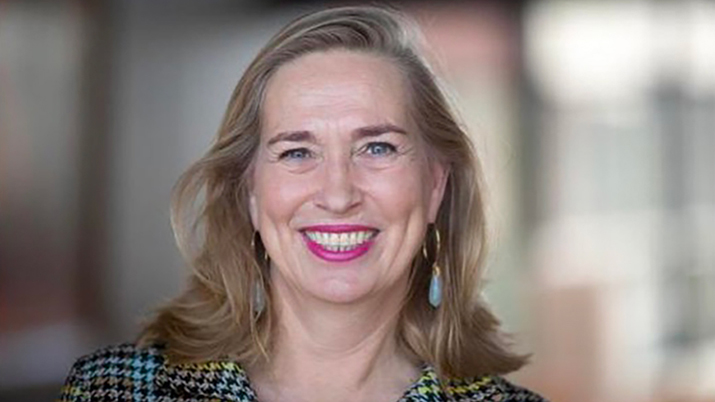HAPPENING AT THE COUNCIL OF EUROPE
On any given day, without even thinking about it, each of us has exercised a right guaranteed by the Council of Europe. Experts know this and repeat it in their public interventions, citizens less so. The problem is how to transfer the debate from conference tables to kitchen tables. From scholarly dissertations to domestic discussions. This is the aim of the Special Days organized across the continent to explain not only what exactly the Council of Europe does, but also how the work it does directly affects our lives, every day.
Special days organized to explain how the work done in Strasbourg affects our daily lives
In an event organized for the 75th anniversary of the Congress of the Hague, Barbara Oomen, professor of human rights at Utrecht University and president of the HZ University of Applied Sciences, demonstrated how significant the impact of the Strasbourg Assembly is in the defence of rights that many on our continent take for granted. «In recent decades, the rights of every single person in the 46 member states have been strengthened: whether they are journalists, children in divorce cases, or those who rely on the right to a fair trial» Oomen stressed. «On any given day, a normal family with children attending a religious school is protected by the right to education in the European Convention on Human Rights. A man concerned about his privacy is protected by Article 8 of the European Convention. A person with psychiatric problems has the right to an independent evaluation by virtue of a ruling at the European Court of Human Rights », she explained.
In recent decades, the rights of every single person in the 46 Member States have been strengthened
For those who wish to be picky, the expert cited only some of the cases in which we exercise rights without knowing exactly who guarantees them. Education, health care and housing, the ways in which we are able to express our opinions, the ways in which we participate in social life or spend our free time and other aspects of our daily life are regulated and protected at the supranational level by the Council of Europe.
The Special Days, therefore, serve precisely to « let people know what their rights do for them ». But it is not enough. The promoters of the initiative hope that the events scheduled in many countries will reach different social groups, associations and individuals, even those with distant political positions so that there is an increase in the number of those who are motivated to participate, to organize initiatives and to give visibility to our fundamental rights and freedom together with the positive impact that the Council of Europe has in guaranteeing them.

Barbara Oomen, professor of human rights at Utrecht University







